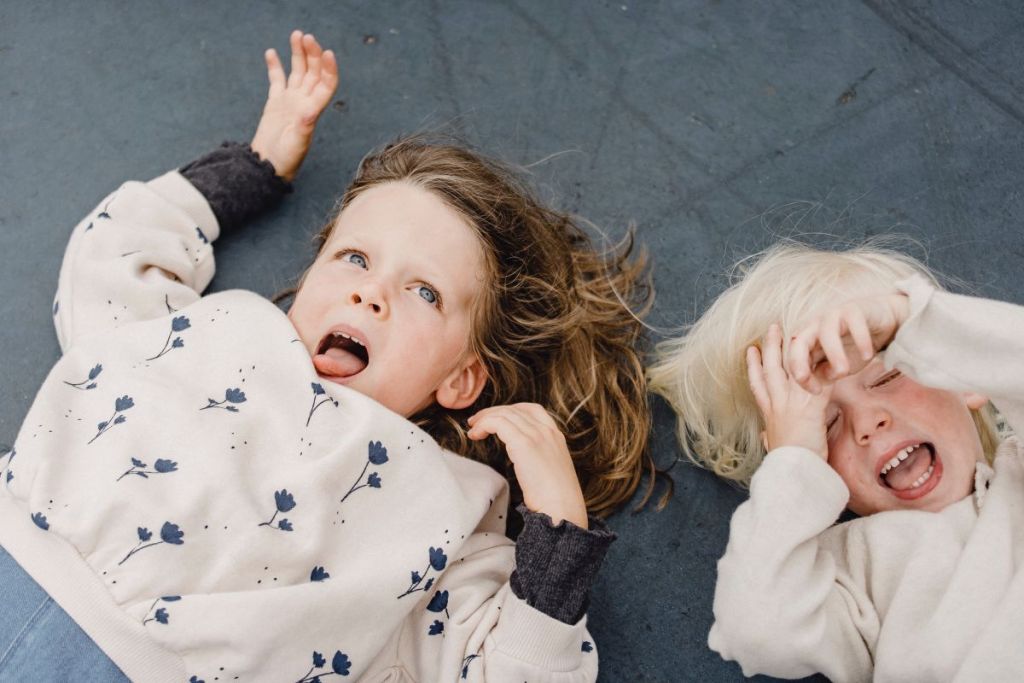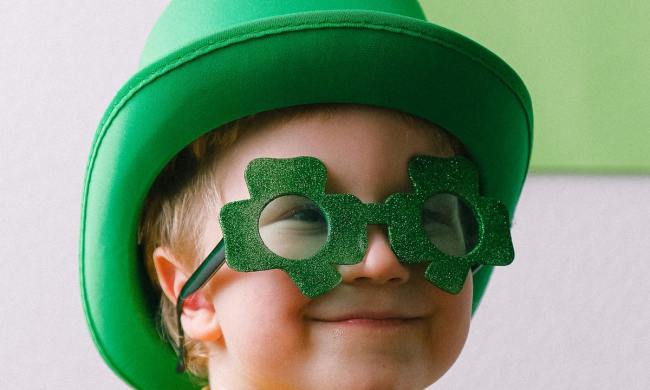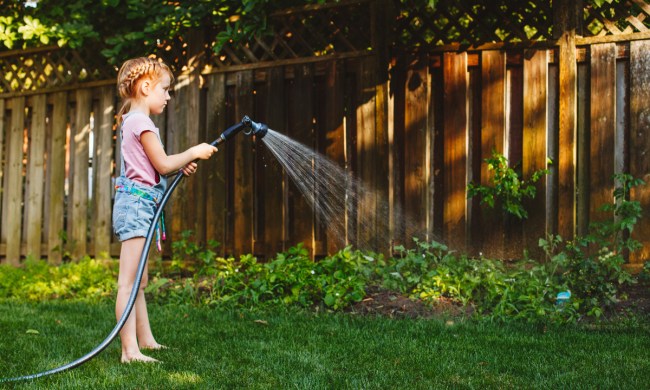There is nothing quite like hearing the sounds of your kids giggling and laughing while they are playing outdoors. There is just something about being outside that just makes everything more fun. However, these days, many kids are hooked on screens and computers. While that is okay in moderation, it’s something that parents should keep in check. That’s why it’s so important to encourage kids to play outside. Besides getting them up and moving, there are five benefits of kids playing outside that you’ll be pleased to hear about.
Why playing outside benefits kids
It enhances their development
According to the American Academy of Pediatrics, there are cognitive, social, and stress management skills to be learned and acquired by playing outdoors, and it emphasizes the important power of play in a child’s life. Co-director at the University of Maryland’s Center for School Mental Health, Sharon Hoover says, “Play can promote positive feelings like joy and excitement, which can bolster mood and diminish anxiety and sadness.” The kids can be outside soaking up the beautiful sun rays and they can let their cares be free. Even though it only may be temporary, outside is an incredible place that you should encourage your children to explore.

It’s physically good for them
Not only do we know that exercise is good for children, but there are other physical benefits that your children will get when they head out the back door to go play with their friends. When they are playing outside, they can reap the beautiful benefits of vitamin D, which they’ll get from being out in the sun. Not to mention when kids play outside more than they do inside, they are more tired out by day’s end, so naturally, it helps them sleep better and longer. Finally, it can increase their attention span. Danae Lund PhD, LP of Sanford Health, who works with child and adolescent behavioral health said, “Children who play outdoors regularly are more curious, self-directed, and likely to stay with a task longer. Children who spend most of their time indoors with little exposure to activities requiring their own initiation and follow-through show less ability to initiate or participate in new activities.”
It provides social skills
Children who play outside more often tend to begin to build their self-awareness about others around them. This is how they form their first peer-to-peer relationships. Little ones who play outside begin to have positive interactions with other children, and that is how their friends are made. A great way to see this flourish is to watch them play a game that allows them to pretend together. When the children are outside, they will love the openness of it all, and lifelong friendships could be made.
It teaches them to appreciate nature
There was a study done by the University of British Columbia, which found that children not only begin to have a respect and love for nature when they are young, but most of them carry that love of nature right into their adult years. Eighty-seven percent of participants of the study had said that they carried around their love for nature into their adult lives. Eighty-four percent of them said that they still believed that nature was an important priority to them. That alone shows that being outdoors is good for both children and adults.

Kids can be kids
When children are outside, they are allowed to do the things that they typically cannot do inside. Things like running, jumping up and down, yelling, and more can be done outside. Because they can do these things that they can’t do in the house, they are excited to test their own independence and see what they can do at the park or the playground. Kids are able to have fun and be able to do everything that they have wanted to do, but had to wait until they were outside.
The evidence is undeniable. There are so many benefits to children playing outside. It is amazing what mother nature can do. You can model great behavior for your children as well by taking them outdoors to play instead of staying cooped up in the house. To take things one step further you could even institute an annual family camping trip where everyone sleeps under the stars. There are so many wonderful activities that can create wonderful outdoor memories for you and your entire family. Find your reason to go outside and have fun.


